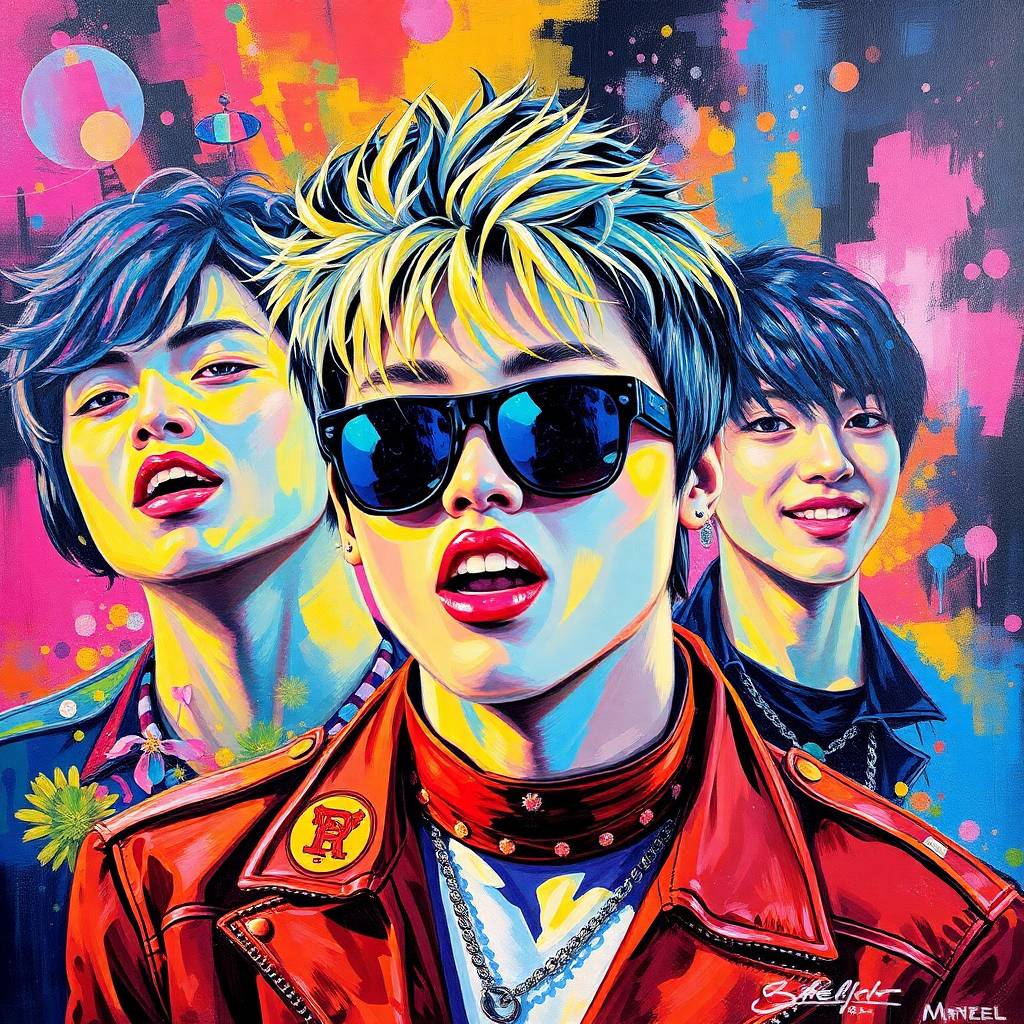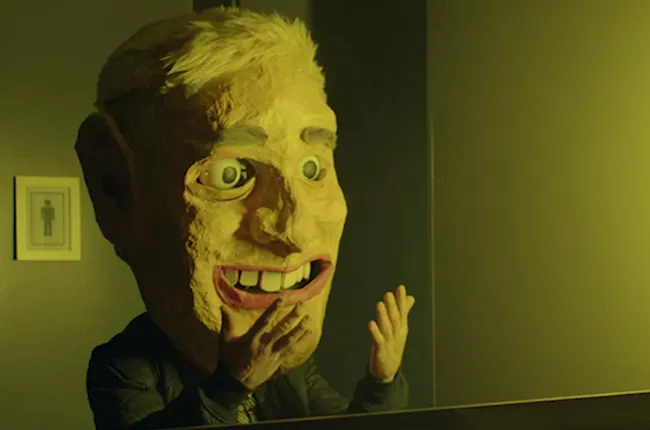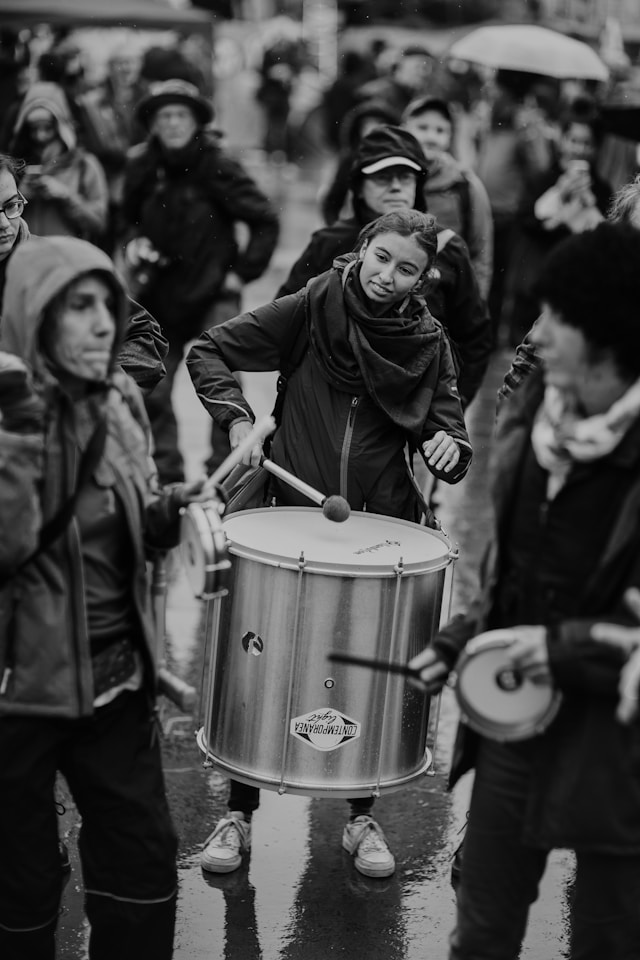South Korea’s most phenomenally successful cultural export. The industry is worth around $5 billion, and groups like BTS sell more albums than global superstars. But behind those radiant smiles and perfect dance moves lies a complex and often harsh reality—the price K-Pop idols pay for their fame.
The Road to Stardom: A Ruthless Training Camp
The dream of becoming a K-Pop idol begins long before debut, often in childhood. Children as young as 12 sign contracts with agencies and start as trainees. In Seoul, academies attract teens aged 12 to 26, all hoping to pass auditions.
Kevin Lee, a 19-year-old dancer who worked with BTS, attended over 50 auditions in four years. Yet, he believes his chances are slim because of his age. Most companies prefer school-age trainees.
This intensive training system forms the backbone of K-Pop’s success. Trainees study singing, dancing, acting, modeling, posing for selfies, and foreign languages. Their schedules are packed. Many balance training with school, working up to nine hours daily.
Agencies also set strict rules on weight and looks. Some even pressure trainees to undergo plastic surgery to meet toxic Korean beauty standards.
Monthly evaluations keep trainees under constant stress. Those who fail lose their contracts, along with their dreams. The pressure often leads to anxiety and other mental health issues. Extreme diets cause eating disorders and malnutrition. Such practices exploit the dreams of minors.
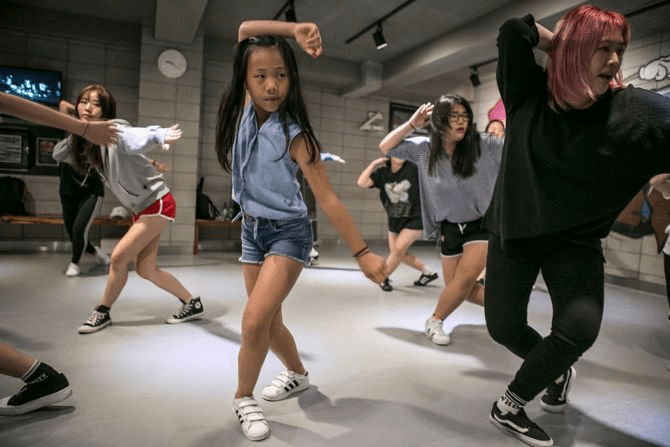
The Dark Side of Contracts and Finances
Even after debut—sometimes at just 12 years old—life is far from glamorous. Many idols must repay their companies for training, wardrobe, and living costs. Most groups earn nothing for years until they clear this “trainee debt.”
So-called “slave contracts” tie idols to agencies for up to 15 years. The countdown starts only after an idol becomes successful. Financial rewards are limited: 80–90% of revenue goes to the company, and only 10–20% to the artist, split among all members.
As a result, many idols live like contract-bound employees with little freedom. Companies also control finances, creativity, and public image. This leaves idols vulnerable to exploitation.
One famous case occurred in 2009. Three members of TVXQ sued SM Entertainment over a 13-year contract they called unfair. In 2010, South Korea’s Fair Trade Commission introduced the “TVXQ Law,” which capped contracts at seven years.
Societal Pressure and Mental Health
Korean society is extremely competitive, and K-Pop magnifies this pressure. Idols must be perfect, flawless ambassadors for their music. Success depends on “specs”: education, wealth, and looks. For women, being attractive and an ideal homemaker counts as a key “spec.”
This culture fuels jealousy and bullying. Female idols face more instability than men. A single misstep can end their careers.
Recent years brought several tragedies. Stars like SHINee’s Jonghyun (2017), Sulli (2019), and Goo Hara (2019) died by suicide. Sulli and Goo Hara endured relentless online harassment for months, even years.
Sulli faced sexist abuse for supporting the feminist “no bra” movement. She spoke openly about feeling empty and pretending to be happy.
The sexism idols face mirrors broader social issues. These include illegal filming (molka) and gender violence. Major scandals, like Jung Joon-young’s hidden-camera sex crimes, exposed the gap between the pure image of male idols and reality. Idols often receive death threats, hate mail, and even blood-stained knives.
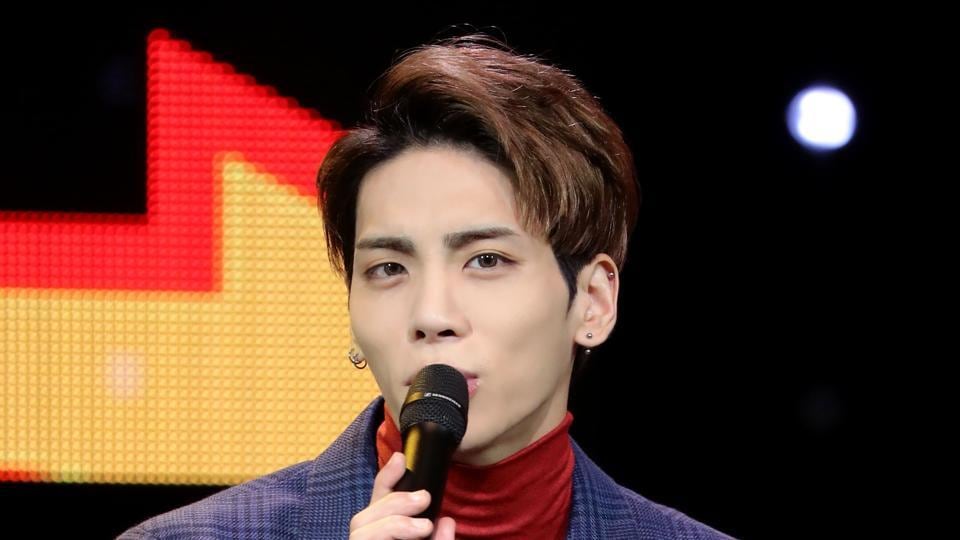
Commercialization and Manipulation
K-Pop idols serve as powerful marketing tools. Companies use them to boost brands and sell products to young fans worldwide. Idols promote everything from school uniforms to cars.
Music videos often cost over a million dollars and feature heavy product placement. Idols pose with food, clothes, or gadgets. Groups like Apink and B.A.P even created entire songs and videos for ads, such as “Skoolooks” for school uniforms.
Fans criticize this level of commercialization as blatant and cheap. Some fans bulk-buy albums—sometimes five or more copies—to collect photo cards. This practice inflates sales figures artificially. Concert attendance often reflects true popularity better than album numbers.
Fans also buy idol-endorsed products in bulk and later resell them for much less.
Voting Manipulation Scandals
One of the most shocking scandals involved vote rigging at Mnet. In July 2019, during the finale of Produce X 101, viewers noticed suspicious patterns. Police investigated and found that producers Ahn Joon-young and Kim Yong-bum rigged rankings across all seasons of Produce 101 and Idol School.
The final lineups of Iz*One and X1 were pre-determined by producers before the finale aired. Producers accepted bribes from agencies for better screen time. CJ ENM, which owns Mnet, earned 124.65 million won from paid SMS votes.
The scandal led to X1’s disbandment and a hiatus for Iz*One. Mnet later apologized and promised to end audition shows. They introduced a new monitoring system for voting.
Sasaeng Fans: A Threat to Privacy
Beyond industry pressure, idols face sasaeng fans—obsessive followers who invade their privacy. These fans stalk idols, secretly photograph them, and steal personal information like phone numbers and flight details.
Cases include hacked accounts, stolen belongings, and hotel break-ins. Sasaeng fans can turn aggressive or violent if idols fail to meet their expectations. This constant threat harms idols’ mental and physical health.
What Is the Government Doing?
The South Korean government has taken steps to protect idols. After the slave-contract scandal, contracts were capped at seven years.
In 2014, a law guaranteed minors the right to education, rest, and sleep. It limited work hours to 35 per week for those under 15 and 40 for ages 15–18. It also banned agencies from forcing minors to wear revealing outfits, perform provocative dances, or work past 10 p.m. at public events.
In 2024, a new law prohibited forced dieting and cosmetic procedures for young idols. City councils now have the power to conduct mental health evaluations and provide counseling.
Conclusion
K-Pop’s global success comes at a heavy cost. From brutal training and restrictive contracts to cyberbullying and stalking, idols live under constant pressure.
Government reforms help, but problems remain. For the industry to thrive, it must prioritize artists’ well-being over profit. A safe and respectful work environment is the key to real progress.
